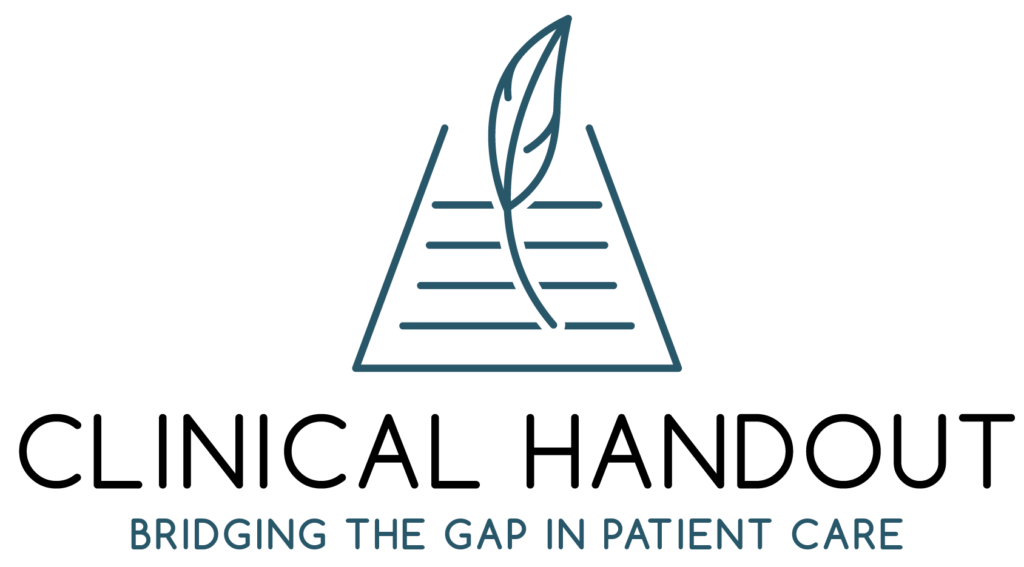Differentiation of CML Phases: Chronic, Accelerated, and Blast
| Feature | Chronic Phase | Accelerated Phase | Blast Phase |
| Clinical Characteristics | – <10% blasts in blood or bone marrow – Mild or no symptoms – Stable disease |
– 10-19% blasts in blood or bone marrow – Increased basophils (≥20%) – New genetic mutations – Symptoms like fatigue, weight loss, splenomegaly |
– ≥20% blasts in blood or bone marrow – Resembles acute leukemia – Severe symptoms – Extramedullary disease possible |
| Treatment Options | – First-line TKIs: Imatinib, Dasatinib, Nilotinib, Bosutinib – Second-line TKI: Ponatinib – Allogeneic SCT (rare) |
– Second/third-generation TKIs: Dasatinib, Nilotinib, Bosutinib, Ponatinib – Omacetaxine mepesuccinate – Allogeneic SCT – Clinical trials |
– High-dose TKIs – Combination of TKIs and chemotherapy – Allogeneic SCT – Clinical trials |
| Dosing and Regimens | – Standard doses of TKIs – Dose adjustment based on response and tolerance |
– Higher doses of TKIs – Switching TKIs if resistance occurs – Combination therapies |
– High-dose TKIs – Intensive chemotherapy regimens – Pre-transplant conditioning |
| Outcomes | – High response rates – Long-term disease control – Potential for treatment-free remission (TFR) |
– Variable response rates – Shorter duration of response – Progression to blast phase if uncontrolled |
– Poor prognosis – High relapse rates – Potential for achieving second chronic phase with aggressive treatment |
Detailed Treatment Approaches
Chronic Phase
- First-line TKIs: Imatinib, Dasatinib, Nilotinib, Bosutinib.
- Second-line TKI: Ponatinib, especially for T315I mutation.
- Allogeneic SCT: Rarely used, typically for patients who do not respond to multiple TKIs.
Accelerated Phase
- Second/Third-generation TKIs: Dasatinib, Nilotinib, Bosutinib, Ponatinib.
- Omacetaxine Mepesuccinate: For patients resistant or intolerant to at least two TKIs.
- Allogeneic SCT: Considered for eligible patients, especially those with poor response to TKIs.
- Clinical Trials: Exploring new combinations and novel agents.
Blast Phase
- High-dose TKIs: Often combined with chemotherapy.
- Chemotherapy: Regimens similar to those used in acute leukemia.
- Allogeneic SCT: Preferred for eligible patients after achieving remission.
- Clinical Trials: Investigating new treatment strategies to improve outcomes.
Monitoring and Response Evaluation
Regular monitoring using quantitative PCR for BCR::ABL1 transcripts, cytogenetic analysis, and hematologic assessments is crucial across all phases to tailor treatment and adjust strategies based on response.
Prognosis and Outcomes
- Chronic Phase: Generally favorable with high response rates to TKIs and potential for long-term control.
- Accelerated Phase: More challenging with variable responses; requires close monitoring and potential for aggressive treatment.
- Blast Phase: Poor prognosis; intensive treatment required to achieve remission and consider SCT.
